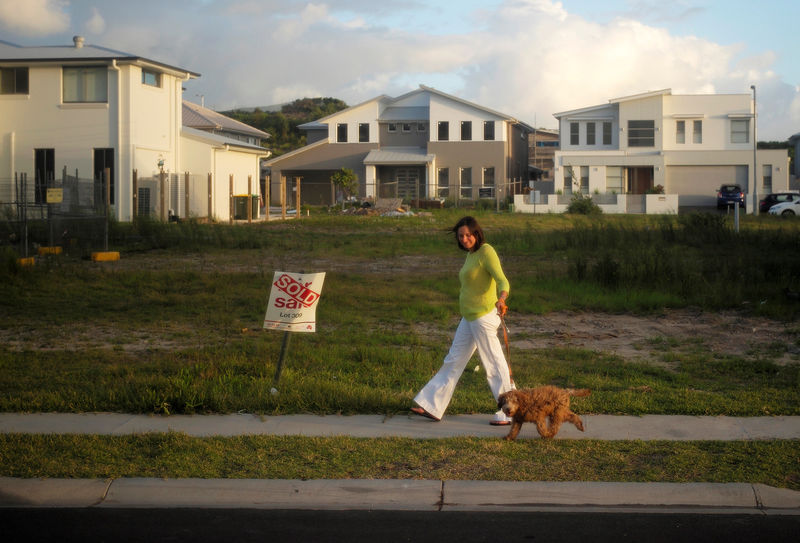The statistics are staggering. In the next 10 years, Australia will face more than one million dementia patients. Yet, the 2024 Federal Budget does not provide a robust plan to address this impending healthcare crisis.
"The cost of dementia care will be astronomical," warned Michael Jeffriess, Group CEO of LightYear Docs. "Without significant investment now, we are setting ourselves up for failure."
The dementia epidemic
According to Dementia Australia, as of 2024, there are more than 400,000 people living with dementia in the country. This number is projected to more than double in the next 30 years.
Dementia is a costly disease and the second leading cause of death in Australia.
The surge in dementia cases demands a robust healthcare strategy that includes increased funding, specialised care facilities and comprehensive support systems for patients and their families.
Unfortunately, the current budget falls short of providing a clear roadmap to manage this impending crisis effectively.
The economic burden
The economic burden of dementia care is significant. It encompasses direct costs such as medical treatments, residential care and support services, as well as indirect costs like lost productivity and the emotional toll on families and caregivers.
The absence of a comprehensive plan in the budget to address these issues leaves a critical gap in our healthcare system.
Funding shortfalls
One of the most glaring issues is the inadequacy of funding for dementia care.
While the National Disability Insurance Scheme (NDIS) provides support for early-onset dementia patients, it does not cover those over the age of 65.
This cutoff leaves a large and growing segment of the dementia population without adequate financial support.
Additional funding is required beyond the NDIS to ensure that dementia patients over 65 receive the care they need.
The need for specialised care
Dementia care requires specialised facilities and trained healthcare professionals.
As the number of dementia patients rises, so does the need for dedicated care environments that can provide the necessary medical attention, social support and therapeutic activities.
These facilities must be equipped to handle the unique challenges of dementia care, including managing behavioural issues and providing a safe and engaging environment for patients.
Comprehensive support systems
In addition to specialised care facilities, comprehensive support systems for patients and their families are crucial.
Dementia is not just a disease that affects individuals; it impacts entire families. Caregivers often face significant physical, emotional and financial stress.
Support services such as counselling, respite care, and educational programs for caregivers can help alleviate some of this burden.
The call to action
Addressing the dementia epidemic requires a multi-faceted approach.
Firstly, there must be a substantial increase in funding dedicated to dementia research, care and support services. This includes investing in the development of new treatments and therapies, as well as expanding existing care facilities and support programs.
Secondly, the government must implement policies that ensure all dementia patients, regardless of age, have access to the necessary financial support. This may involve extending the coverage of the NDIS or creating a new funding stream specifically for dementia care.
Thirdly, accountants have an opportunity to assist clients who may be facing family members with dementia through the use of appropriate structures including family advisory boards and documentation such as enduring powers of attorney and other.
Accountants can arm themselves with the right knowledge and advice by becoming accredited advisors under associations such as the Succession Asset Protection and Estate Planning Advisors Association (SAPEPAA).
Lastly, there should be a concerted effort to raise public awareness about dementia and its impact. Education campaigns can help reduce the stigma associated with the disease and encourage early diagnosis and intervention, which can improve outcomes for patients.
Australia stands on the brink of a dementia epidemic that demands immediate and decisive action. The current budget's failure to address this impending crisis leaves us ill-prepared for the challenges ahead.
By investing in dementia care now, we can create a healthcare system that is equipped to manage the needs of a growing dementia population. The cost of inaction is too great to bear.
As Michael Jeffriess aptly put it, "Without significant investment now, we are setting ourselves up for failure." It is time for the government to step up and provide the resources and support necessary to tackle the dementia epidemic head-on.
Michael Jeffriess is Director – LightYear Group Ltd, SAPEPAA, Naked Accounting and We Love Group 2024 Thought Leader of the Year Finalist.
